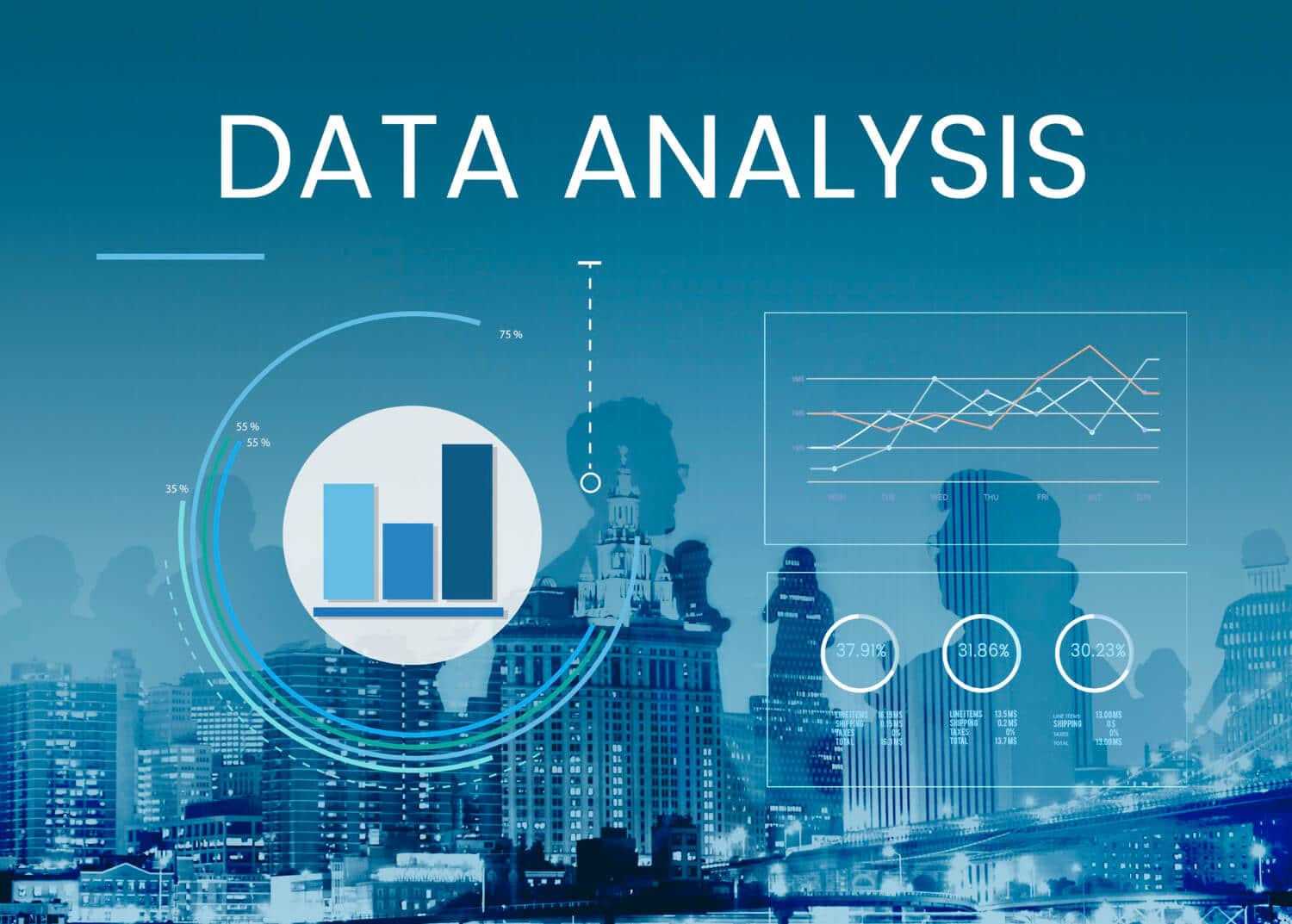n today’s fast-paced digital landscape, data has become the cornerstone of successful business strategies. Analytics and reporting have evolved from simple catchphrases to essential instruments that enable companies to make wise decisions, optimize performance, and stay ahead in the competitive market. In this blog, we will delve into the significance of analytics and reporting, exploring how they can be transformative for your business.
Building Brand Authority: Crafting Your Identity in the Digital World
In an era where every click, view, and engagement is measurable, businesses have a goldmine of data at their fingertips. Analytics empowers decision-makers by providing deep insights into customer behavior, market trends, and the performance of various business initiatives. With a data-driven approach, businesses can make informed decisions, minimizing risks and maximizing opportunities. Analytics provides businesses with a window into the minds of their customers. By analyzing data on website visits, clicks, and interactions, businesses can gain valuable insights into customer behavior. For instance, understanding which pages are most visited, what products or services are frequently viewed, and the journey customers take on the website allows for the creation of targeted marketing strategies.
Optimizing Marketing Strategies: A Data-Driven Approach to Achieving Excellence
Analytics plays a pivotal role in shaping and refining marketing strategies. By analyzing user behavior, businesses can understand the effectiveness of different marketing channels, campaigns, and content. This knowledge enables marketers to allocate resources wisely, optimizing their strategies for maximum impact and return on investment.
Optimizing Marketing Channels: Navigating the Digital Landscape with Data-Driven Precision
Not all marketing channels yield the same results. With analytics, businesses can measure the effectiveness of each channel, be it social media, email marketing, or paid advertising. By understanding which channels drive the most traffic, conversions, and engagement, businesses can allocate their marketing budget strategically, focusing on the platforms that deliver the best return on investment. In a digital ecosystem where consumers engage through various touchpoints, a holistic understanding of multi-channel performance is essential. Analytics tools enable businesses to consolidate data from different channels, providing a comprehensive view of how each contributes to the overall customer journey. By gaining insights into cross-channel interactions, businesses can identify synergies, allocate budgets effectively, and optimize their marketing mix.
Customer Experience Enhancement: Elevating Interactions through Data-Driven Insights
Understanding your customers is crucial for delivering a personalized and satisfying experience. Analytics allows businesses to track customer journeys, preferences, and feedback. Armed with this information, businesses can tailor their products, services, and marketing efforts to meet the evolving needs of their target audience, thereby enhancing customer satisfaction and loyalty.
Analyzing the customer journey is foundational to enhancing the overall experience. Through analytics, businesses can map out the various touchpoints a customer encounters, from the initial awareness stage to the post-purchase interactions. This detailed journey mapping provides a holistic view, enabling businesses to identify pain points, moments of delight, and opportunities for improvement.
Conclusion: In conclusion, analytics and reporting are not just tools; they are the backbone of a successful business strategy. By leveraging the power of data, businesses can make informed decisions, optimize their marketing efforts, enhance the customer experience, and gain a competitive edge. As we navigate the ever-evolving digital landscape, embracing analytics and reporting is not just an option—it’s a necessity for sustained growth and success.


